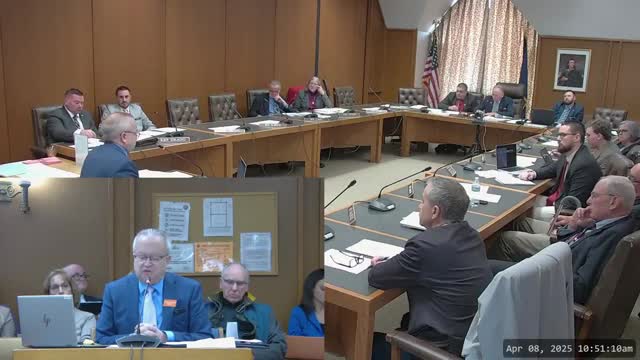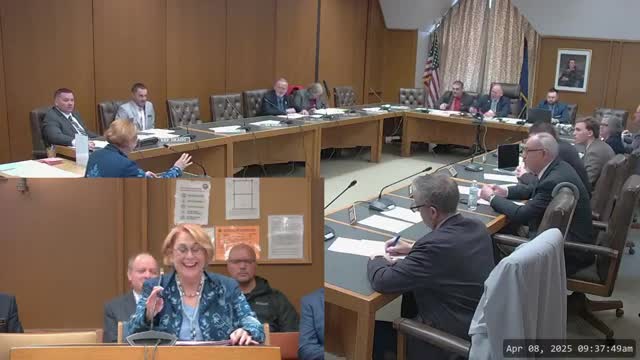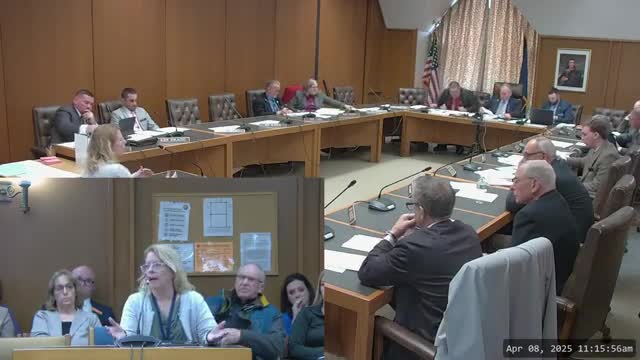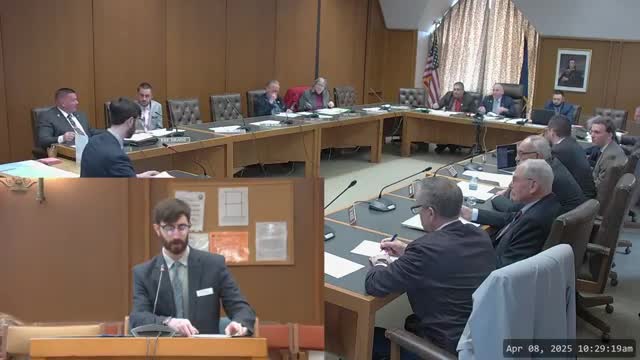Article not found
This article is no longer available. But don't worry—we've gathered other articles that discuss the same topic.

Bill would require employers to tell injured workers how much they may owe while on workers' comp

Committee hears testimony on bill to treat PTSD as occupational disease for first responders

Committee approves measure to exempt remote workers from two-hour reporting minimum

